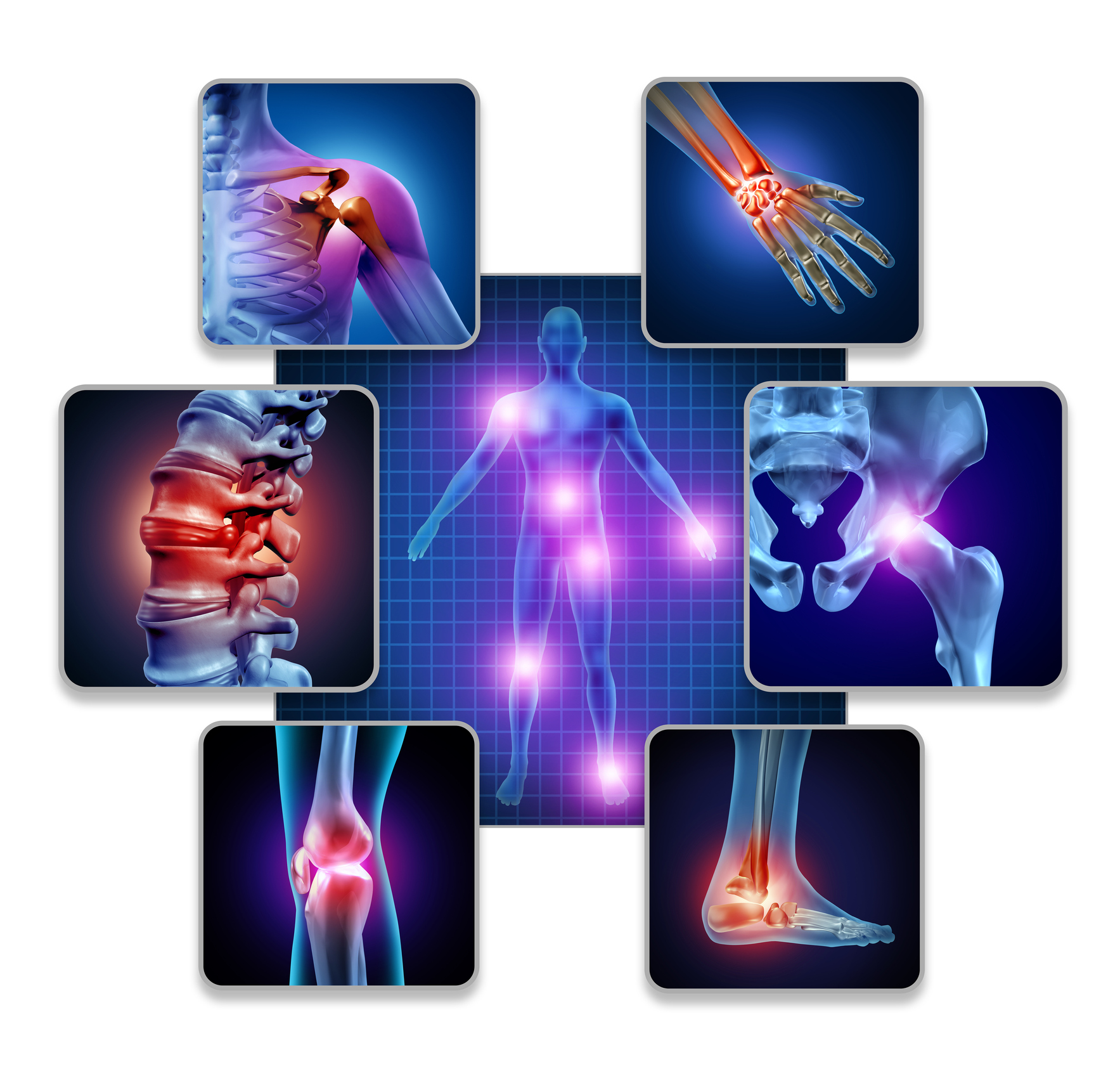Postinfectious bronchiolitis obliterans (PIBO) is an uncommon and severe form of chronic obstructive lung disease in children. Adenovirus (ADV) is the main pathogen of PIBO in children. However, the risk factors of ADV-PIBO are not fully understood. This study aims to analyze the clinical characteristics of PIBO caused by ADV and compared with non-ADV-PIBO.
A retrospective study of children under the age of 14 years diagnosed PIBO was performed in 56 ADV-PIBO cases, 29 non-ADV-PIBO, and 39 healthy controls to determine clinical characteristics of PIBO.
There was no difference between ADV-PIBO and non-ADV-PIBO cases in gender, age, individual and family atopy or history of asthma, and previous history of wheezing and no difference in the clinical manifestations and signs between the two groups. However, the hospital stay, duration of ventilator use, and multifocal pneumonia incidence of ADV-PIBO group have a significant differences compared with non-ADV-PIBO. Notably, inflammatory markers lactic dehydrogenase (LDH), interleukin 8 (IL-8), and interferon-gamma (IFN-γ) were significantly increased in PIBO patients, and those expressed in ADV-PIBO patients were higher than those in non-ADV-PIBO patients. In addition, ADV-PIBO children required a longer duration of oral prednisone and azithromycin than non-ADV-PIBO cases.
Compared with non-ADV-PIBO, ADV-PIBO has a longer hospital stay, longer duration of ventilator use, increased LDH, IL-8, and IFN-γ expressions, and longer duration of oral prednisone and azithromycin treatment. Further research is needed to determine why PIBO caused by ADVs are more severe than those caused by other pathogens.
Clinical analysis of adenovirus postinfectious bronchiolitis obliterans and nonadenovirus postinfectious bronchiolitis obliterans in children.


